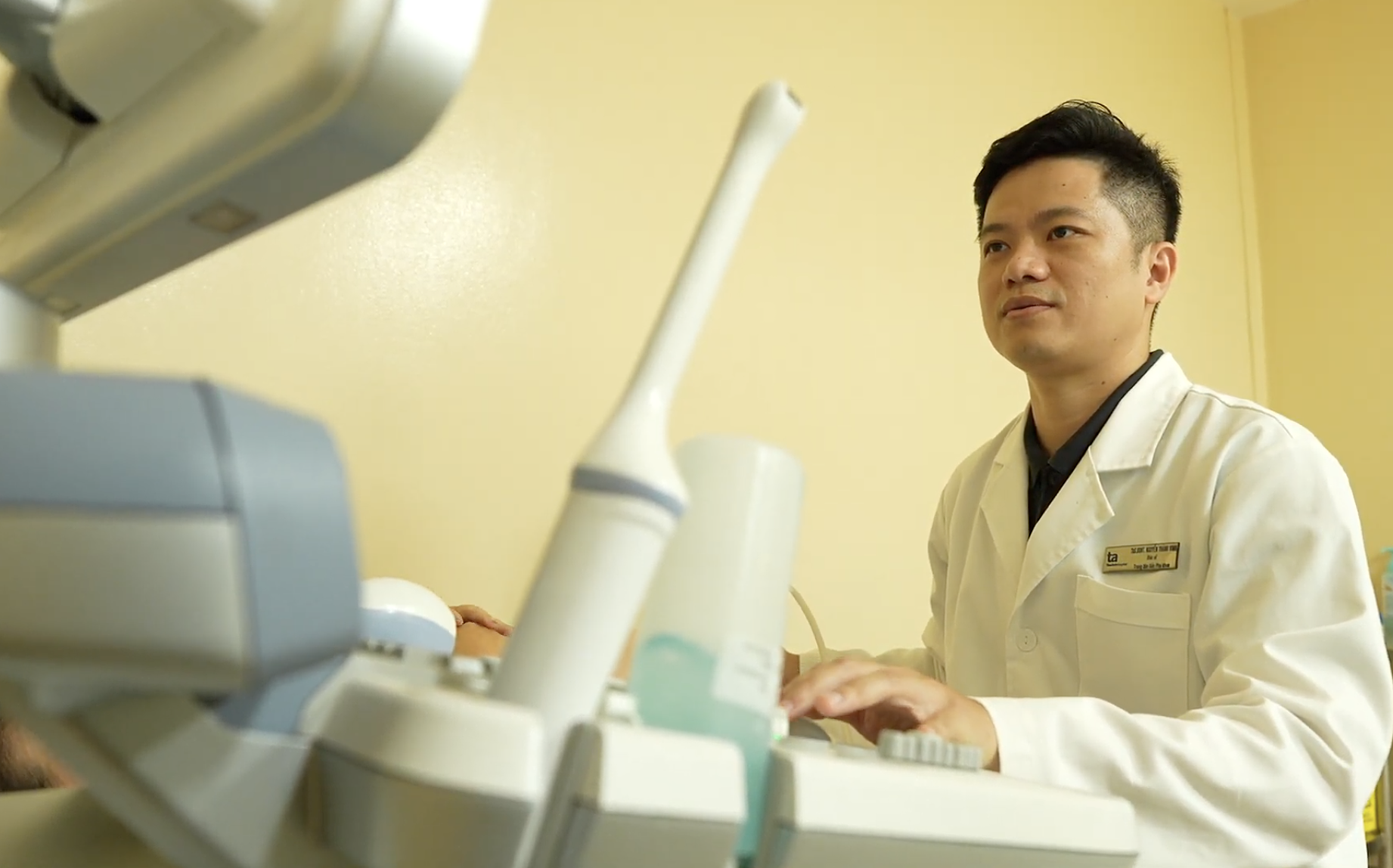Answer:
A short cervix (less than 25 mm) is a concern during pregnancy, especially regarding the risk of premature birth. According to the American College of Obstetricians and Gynecologists (ACOG), a short cervix increases the risk of preterm labor by as much as 6 times in women with a single pregnancy and 8 times in women with twins.
As the fetus grows, the pressure from the uterus on the cervix increases, which can cause the cervix to dilate prematurely, leading to the risk of miscarriage or preterm labor. This condition also increases the risk of bacterial infection, causing chorioamnionitis - a factor that stimulates uterine contractions and spontaneous preterm birth. Preterm labor is a risk factor for many complications, such as stillbirth, low birth weight, brain hemorrhage, or long-term birth defects. However, not all pregnant women with a short cervix will give birth prematurely. If detected and monitored early, many cases can result in full-term deliveries.
Closely monitor prenatal appointments: A short cervix often progresses rapidly and silently, so pregnant women need to closely follow their prenatal appointment schedule and undergo regular ultrasounds to accurately assess cervical length at each stage and detect any abnormal signs early. This allows doctors to intervene promptly by prescribing hormone therapy, cervical cerclage, close hospital monitoring, etc.
 |
Doctor Nguyen Thanh Vinh is performing an ultrasound on a pregnant woman. Photo: Tam Anh General Hospital |
Doctor Nguyen Thanh Vinh is performing an ultrasound on a pregnant woman. Photo: Tam Anh General Hospital
Adequate rest: Pregnant women with a short cervix should limit strenuous activity, avoid excessive walking, heavy lifting, or prolonged standing. Lying on the left side is recommended to increase blood circulation through the placenta and reduce pressure on the cervix. In high-risk cases, bed rest may be advised, along with avoiding sexual intercourse and only moving gently when necessary. However, complete immobility should be avoided to prevent the risk of venous thromboembolism and psychological disorders due to anxiety.
Maintain a healthy lifestyle: Pregnant women should follow the doctor's instructions regarding diet, supplement essential micronutrients such as calcium, iron, DHA, and ensure adequate daily water intake. Avoid rubbing the abdomen, taking hot baths, or prolonged sauna sessions, as these can stimulate the uterus. Maintain a relaxed mindset, get enough sleep, and limit prolonged stress.
Adhere to specialist-prescribed treatment: If prescribed progesterone, cervical cerclage, or a pessary, pregnant women should comply fully and attend follow-up appointments as scheduled so the doctor can monitor the pregnancy's progress.
Doctor Duong Viet Bac
Center for Obstetrics and Gynecology
Tam Anh General Hospital Hanoi
| Readers can submit questions about obstetrics and gynecology here for doctors to answer. |












